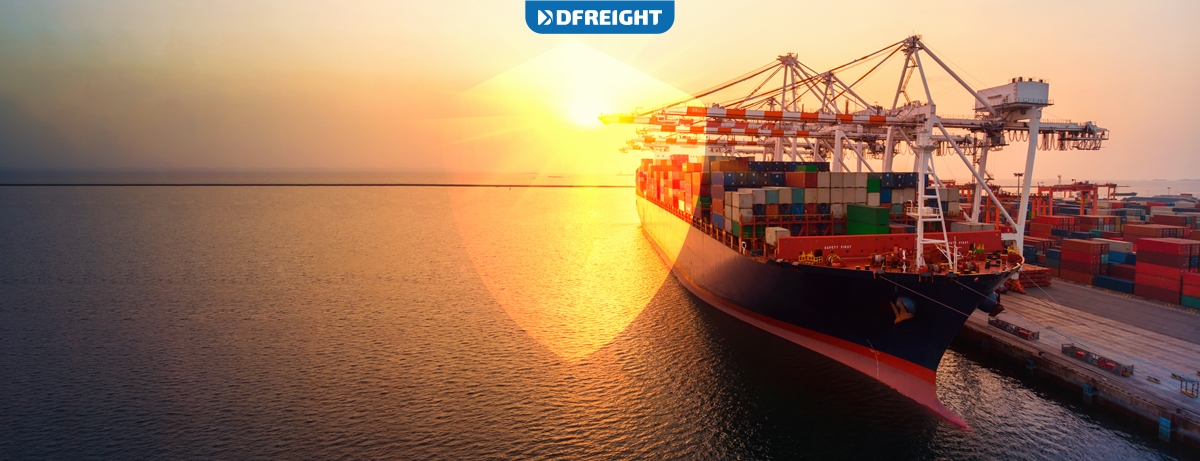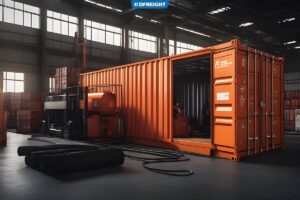In logistics insurance, the term “logistics” can refer to the transportation, storage, and distribution of goods. It can also encompass the management and coordination of these activities. Logistics insurance is a type of insurance that helps to protect businesses that are involved in the transport, storage, and distribution of goods. This type of insurance can help to protect businesses from the financial loss that can occur as a result of damages to goods in transit, or from the loss of goods that are stored or distributed. Cargo insurance can also help to protect businesses from the financial loss that can occur as a result of delays in the transport, storage, or distribution of goods.
Table of Contents
What is Insurance?
Insurance is a means of protection from financial loss. It is a form of risk management, primarily used to hedge against the risk of a contingent or uncertain loss. An entity that provides insurance is known as an insurer, insurance company, insurance carrier, or underwriter. A person or entity who buys insurance is known as an insured or as a policyholder. The insurance transaction involves the insured assuming a guaranteed and known relatively small loss in the form of payment to the insurer in exchange for the insurer’s promise to compensate the insured in the event of a covered loss.
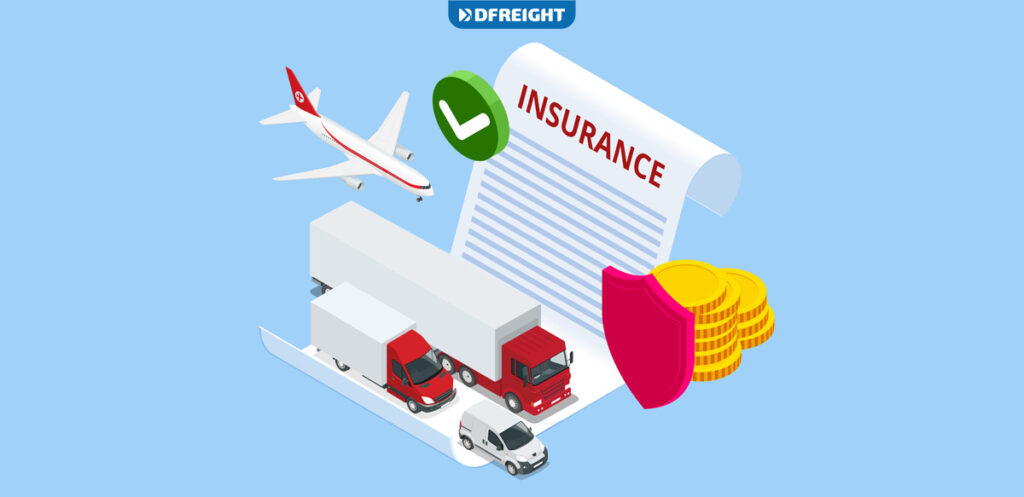
Things You Need to Know Before You Insure Your Goods
You must insure your goods to protect them from loss or damage. There are a few things you need to know before you insure your goods.
1. The value of your goods: You will need to know the value of your goods to insure them properly.
2. The type of coverage you need: There are many different types of insurance coverage, so you will need to choose the one that best suits your needs.
3. The amount of coverage you need: You will need to insure your goods for their full value to be fully protected.
4. The deductible: The deductible is the amount of money you will need to pay out of pocket before your insurance coverage kicks in.
5. The policy term: The policy term is the length of time that your insurance coverage will last.
6. The premium: The premium is the amount of money you will need to pay for your insurance coverage.
7. The claims process: You will need to know the claims process to file a claim if your goods are lost or damaged.
Incoterms in Insurance
Incoterms are a collection of international guidelines that control how trade phrases used in contracts to sell products are interpreted. They are commonly used in cross-border business transactions and are issued by the International Chamber of Commerce (ICC).
You probably already know the nuances of incoterms unless you are new to international trading. However, it’s important to understand how they relate to your liabilities and insurance.
The most crucial thing to keep in mind regarding Incoterms is that they will establish which of the two business partners is in charge of the risk and thus, the insurance of the goods, as well as when the risk moves from one party to the other.
Let’s focus on the roles that the duty for insurance plays in the three incoterms that are most frequently used in international sales agreements for the time being:
EXW (Ex Works): According to this incoterm, the buyer is responsible for all risks and insurance expenses from the point of export customs clearance to the point of receiving the products.
FOB: When items are sold “FOB”, the seller assumes all risk and expense up until the commodities are put into the cargo ship or aircraft. The danger and expense are then transferred to the buyer.
CIF: When a sale is conducted under the CIF incoterm, the seller assumes responsibility up until the products are put onto the cargo vessel or aircraft. Up until the items arrive at the port of discharge, the seller additionally covers the cost of insurance. The cost is split between the buyer and the port of discharge, and the buyer bears all risk and expense.
Any international sales agreement must expressly include one of the Incoterms for the buyer and seller to understand who is in charge of paying for cargo insurance.
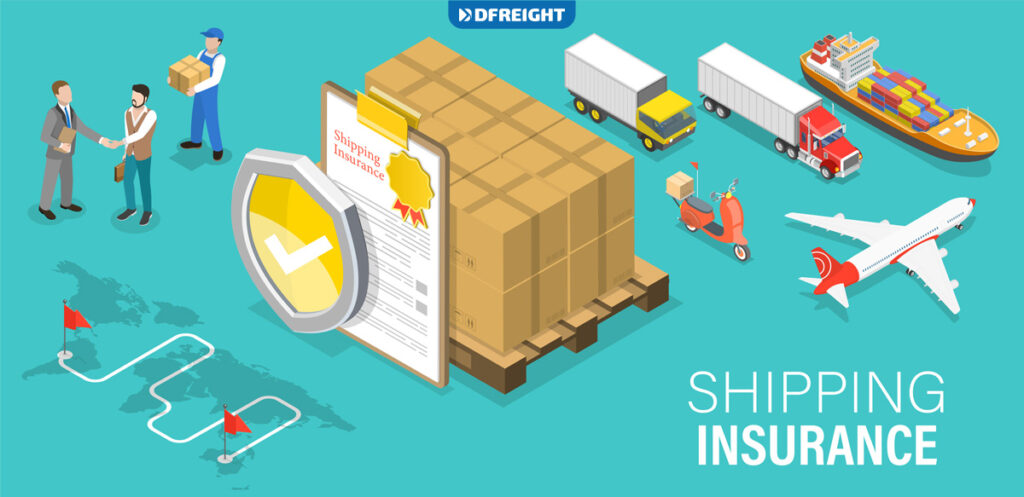
What is Freight Insurance?
Freight insurance is vital for companies that rely on the transport of goods to conduct their business. It protects against the loss or damage of goods in transit, whether by land, sea, or air. If goods are lost or damaged, freight insurance can reimburse the company for the cost of the goods, as well as any associated expenses such as transport and storage. It can also cover the company for the loss of revenue if the goods are not able to be delivered to the customer.
What is Cargo Insurance?
Cargo insurance is insurance that protects goods in transit. This can include protection against loss or damage to the goods, as well as against liability for any damage that the goods may cause to third parties. Cargo insurance can be purchased by the shipper or the carrier, and the terms of the policy will vary depending on who purchases it.
Freight Insurance vs. Cargo Insurance
There is a big difference between freight insurance and cargo insurance. Freight insurance is insurance that protects the shipment while it is in transit. This type of insurance covers the cost of the goods if they are lost or damaged while in transit. Cargo insurance is insurance that protects the goods while they are in storage. This type of insurance covers the cost of the goods if they are lost or damaged while in storage.
In addition, freight insurance is typically insurance that is obtained by the company that is shipping the goods. This type of insurance covers the value of the goods being shipped if they are lost or damaged in transit. Cargo insurance is insurance that is obtained by the owner of the goods being shipped. This type of insurance covers the value of the goods if they are lost or damaged in transit.
Who Can Insure My Shipment?
There are a few things to consider when wondering who can insure your shipment.
The first is the value of your goods. If your goods are valuable, you will want to make sure that they are fully insured in case of loss or damage.
The second is the type of shipping you are using. If you are using a common carrier, they will typically insure your shipment for you.
If you are using a less common carrier, you may need to insure your shipment yourself.
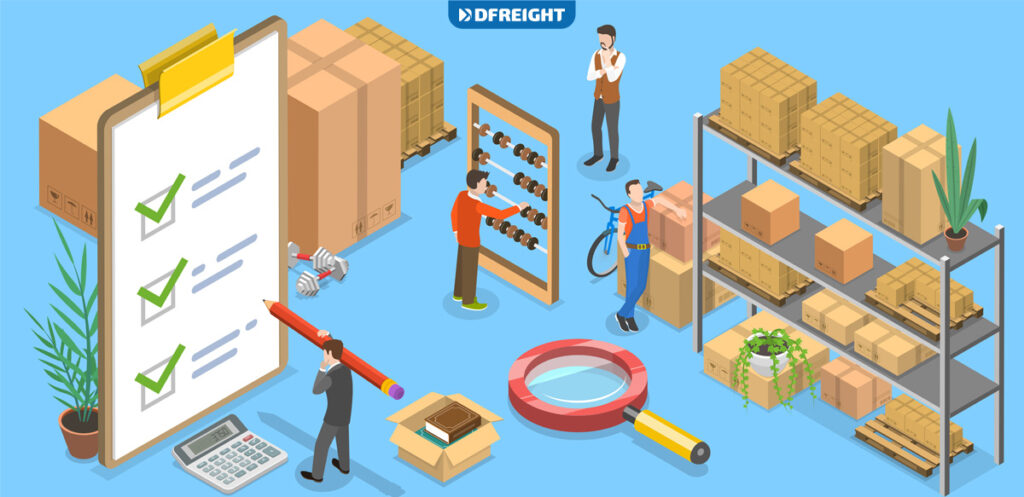
Conclusion
It is important to insure freight and cargo to protect against loss or damage during shipping. Many insurance companies offer this coverage, so it is important to compare rates and coverage before choosing a policy.
While there are many companies that insure freight and cargo, DFreight is one of the most reliable and trustworthy. They have a strong reputation and are known for their quick and efficient service. If you are looking for a company to insure your freight and cargo, DFreight is a great option.
Why do I need freight insurance?
Freight insurance is important because it can protect your business from financial loss if your goods are lost or damaged during transport.
How much freight insurance do I need?
The amount of freight insurance you need will depend on the value of your goods and the level of risk you are willing to take. You should speak to your insurance broker to determine the right amount of coverage for your business.
What does freight insurance cover?
Freight insurance can cover a variety of risks, including loss or damage to goods due to accidents, weather, theft, or other causes.
Is additional Freight Insurance required for air freight to Brazil?
Yes, additional freight insurance may be required for air freight to Brazil. This is due to the fact that air freight is more expensive and prone to damage or loss. It is critical to consult with your freight forwarder to see what types of insurance are available and recommended for your specific shipment.
